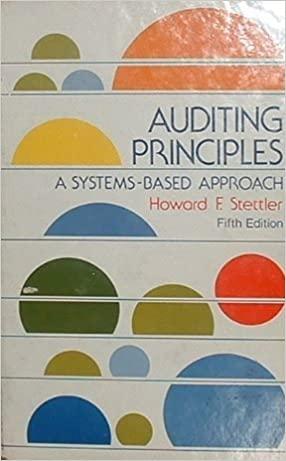Question
36, 41, 29, 48, 36, 27, 21, 23, 23, 50, 21, 29, 28, 33, 23, 42, 28, 37, 24, 20, 34, 27, 27, 25, 23,
36, 41, 29, 48, 36, 27, 21, 23, 23, 50, 21, 29, 28, 33, 23, 42, 28, 37, 24, 20, 34, 27, 27, 25, 23, 22, 19, 36, 18, 33, 39, 24, 38, 25, 18, 21, 25, 28, 31, 42, 26, 21, 48, 25, 27, 25, 18, 26, 22, 20, 41, 49, 36, 25, 19, 21, 32, 18, 33, 28, 21, 23, 20, 27, 37, 27, 25, 22, 19, 39, 24, 18, 34, 29, 38, 28, 21, 45, 31, 31, 41, 34, 20, 24, 24, 19, 34, 37, 26, 30, 32, 38
As above, lets assume that the sample data for the age variable was collected from randomly selected students taking Elements of Statistics from FHSU.
a.Using Excel calculations at the right, determine the mean, median, standard deviation, and variance of the "age" data.
b.Determine the margin of error in estimating the population mean age from this one samples mean based upon a 95% level of confidence. (You may assume that previous research has demonstrated the population standard deviation on age measures of similar groups of students is 10.1 years and that the distribution of age measures is roughly a normal distribution.)
c.Using your margin of error value from (3b), give the 95% confidence interval for the population mean age measure as predicted from this sample's results. State this interval below within an interpretive sentence.
d.Although similar, what makes this situation in problem #3 (and hence some of the resulting statistical formulas used) different from the situation in problem #1 above?
4. Notice (from the margin of error measurement determined in 3b) that we have used a sample size larger than needed to be sufficiently confident that the sample mean would estimate the population mean age within 4 years; that is our margin of error was much smaller than 4 . Therefore, determine the smallest sample size required to predict the mean age of all FHSU stats students based upon a needed 95% confidence level with an error of no more than 4 years. (Again, assume = 10.1 years.)
Notice that 4 is roughly double our margin of error of 2.063837746 from problem 3b above. Are you surprised that it took so small a sample to double the margin of error? (Notice we do not "double" our margin of error by "halving" the sample size.) How many times smaller must the sample size be in order to double the margin of error?
Lastly, although the procedure in #3 above was convenient, in most cases if we are trying to predict the population mean from a sample mean, we will most likely not know the population standard deviation, sigma. Thus, our next best statistic to use is the sample standard deviation in its place. However, when using the sample standard deviation, we are no longer able to use a normal distribution, and must use the t-distribution instead.
a.Determine the margin of error in estimating the population mean age from this one samples mean based upon a 98% level of confidence. Do not use our earlier assumption of sigma = 10.1 years, but use the sample standard deviation value you calculated in 3a, along with a t-score instead of a z-score.
b.Using your margin of error value from (5a), give the 98% confidence interval for the population mean age measure as predicted from this sample's results. State this interval below within an interpretive sentence.
Step by Step Solution
There are 3 Steps involved in it
Step: 1

Get Instant Access to Expert-Tailored Solutions
See step-by-step solutions with expert insights and AI powered tools for academic success
Step: 2

Step: 3

Ace Your Homework with AI
Get the answers you need in no time with our AI-driven, step-by-step assistance
Get Started


